Strides In Education, Surmounting Health Challenges
- Par Eldickson Agbortogo
- 06 nov. 2019 11:52
- 0 Likes
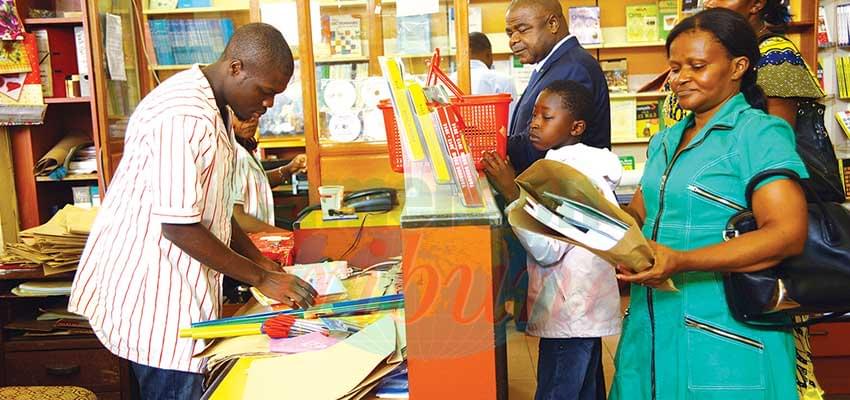
Advances in single textbook policy, implementation of the universal health coverage, social housing and completion of the three-year emergency plan projects need special attention.
When the Prime Minister and Head of Government announced a few years ago the decision by President Paul that the One Text Book Policy will be implemented during the 2018-2019 school year, many were of the opinion that the project was not going to be realistic considering the complexity of the educational system in the country. But that was far from the truth as officials of the National Book Council in charge of the approval of text books and didactic materials immediately went to work to discuss the practical modalities. After a lot of brainstorming, a final lists of books were chosen according to subjects and sub-system of education in the primary and secondary sectors. The reform implies that every subject has just a single textbook by the same author for a period of six years, renewable.
Today, most parents in Cameroon say they are happy with the new government policy of one textbook per subject. According to them, the new approach is economical since they are buying fewer books than previously. However, despite the numerous applauds, much is still to be done with regards to the availability and distribution of some text books throughout the national territory. While some parents are complaining of limited stocks, booksellers say not all the textbooks are available on the market especially those for basic education.
Materialising Universal Health Coverage Scheme
The importance of Universal Health Care to the population of every country is a fundamental development tool especially in a country striving for emergence like Cameroon. Cognisance of this, President Paul Biya in his New Year address on December 31, 2017 announced the gradual implementation of the Universal Health Coverage (UHC). The first phase of the UHC which has been validated targets a general population of 22,985,369 amongst whom are 11,030,655 children aged 0 to 15 years and 933,071 pregnant women. It will subsidise vaccination health care service for children from 0 to 5 years, paediatric care for children from 0 to 15 years and gynaecology/obstetrics problems for pregnant women. Still, under the UHC major health programmes relating to the general population such as HIV/AIDS, malaria, tuberculosis, cancer, dialysis and community health will be considered. For the first phase to be completed in 2019, FCFA 334 765 241 460 is needed.
Providing Citizens With Decent Lodging Facilities
It is no more a secret to most Cameroonians that access to social housing is increasingly difficult. According to 2015 studies, deficit in social housing in Cameroon is estimated to be over 1.2 million units. To curb the phenomenon, the government of Cameroon after the completion of the first phase that comprised studies in the ten regions of the country, has for the past years embarked on a massive social housing policy especially for civil servants.
Through a pilot construction project put in place 1,675 social housing, in Yaounde on the Olembé site and in Douala on the Mbanga-Bakoko site, with 700 housing units being completed. The remaining 975, which are 75% completed are expected to be finished by the end of the first half of 2019 at the latest. In Ebolowa, 100 social housing have been completed and delivered as part of the three-year Emergency Plan to Accelerate Economic Growth (Planut).In addition, works are 30% completed in Bamenda and about 60% in all the other cities outside Yaounde and Douala. Two buildings of 80 apartments both were completed, under the project to build 640 social housing on the Olembe (Yaounde) by the Cameroon-Swiss firm Coffor Cemac S.A. Also, preliminary studies are ongoing in Mbankomo (Centre Re...
Cet article complet est réservé aux abonnés
Déjà abonné ? Identifiez-vous >
Accédez en illimité à Cameroon Tribune Digital à partir de 26250 FCFA
Je M'abonne1 minute suffit pour vous abonner à Cameroon Tribune Digital !
- Votre numéro spécial cameroon-tribune en version numérique
- Des encarts
- Des appels d'offres exclusives
- D'avant-première (accès 24h avant la publication)
- Des éditions consultables sur tous supports (smartphone, tablettes, PC)
Reactions
De la meme catégorie
Security In The South West : Army Chief of Staff On Field Control In Buea
- 18 avril 2024 11:55
- 0 likes






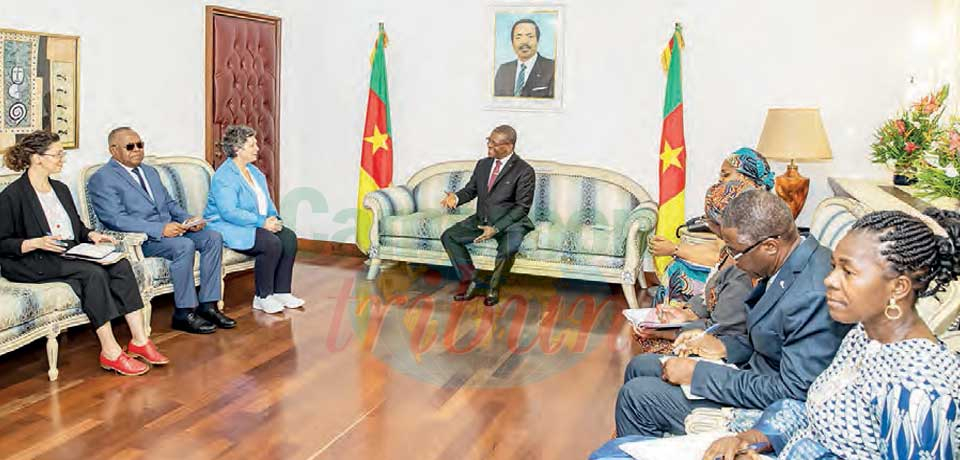
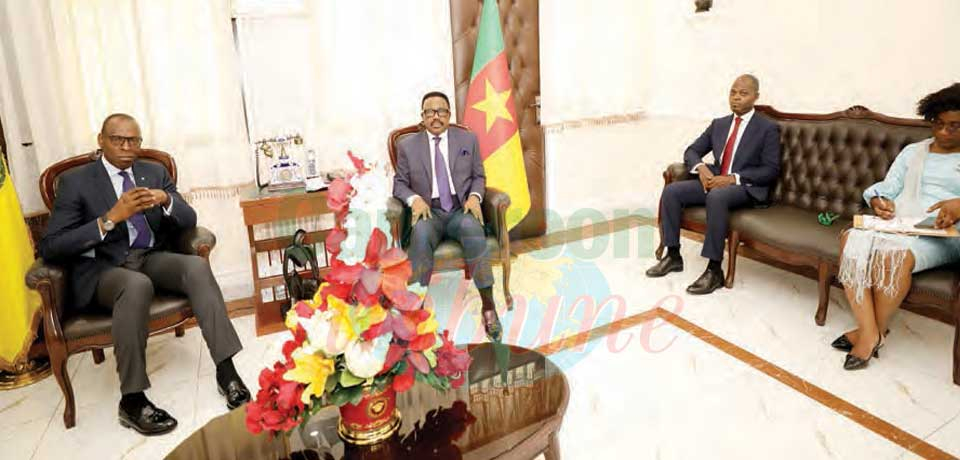

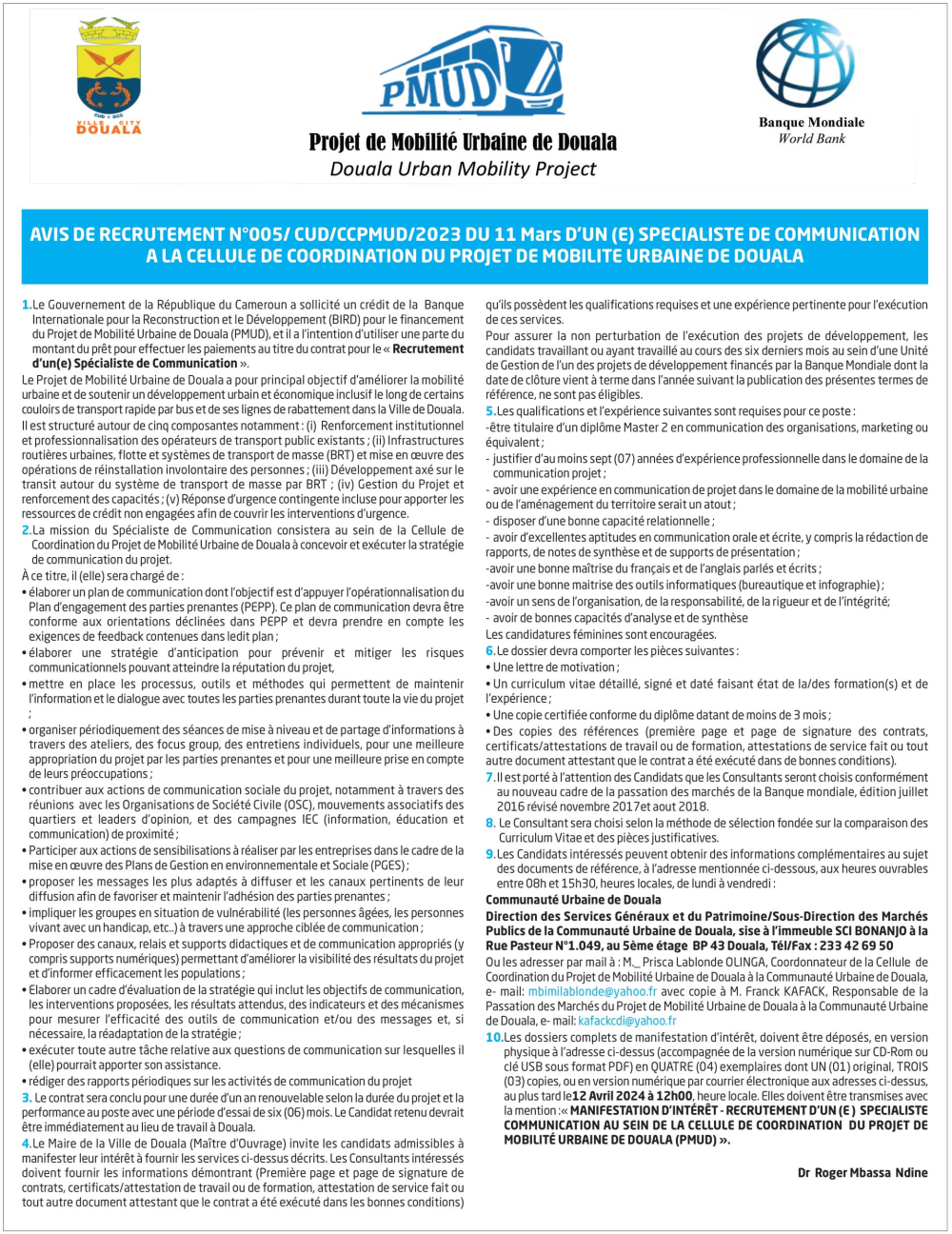
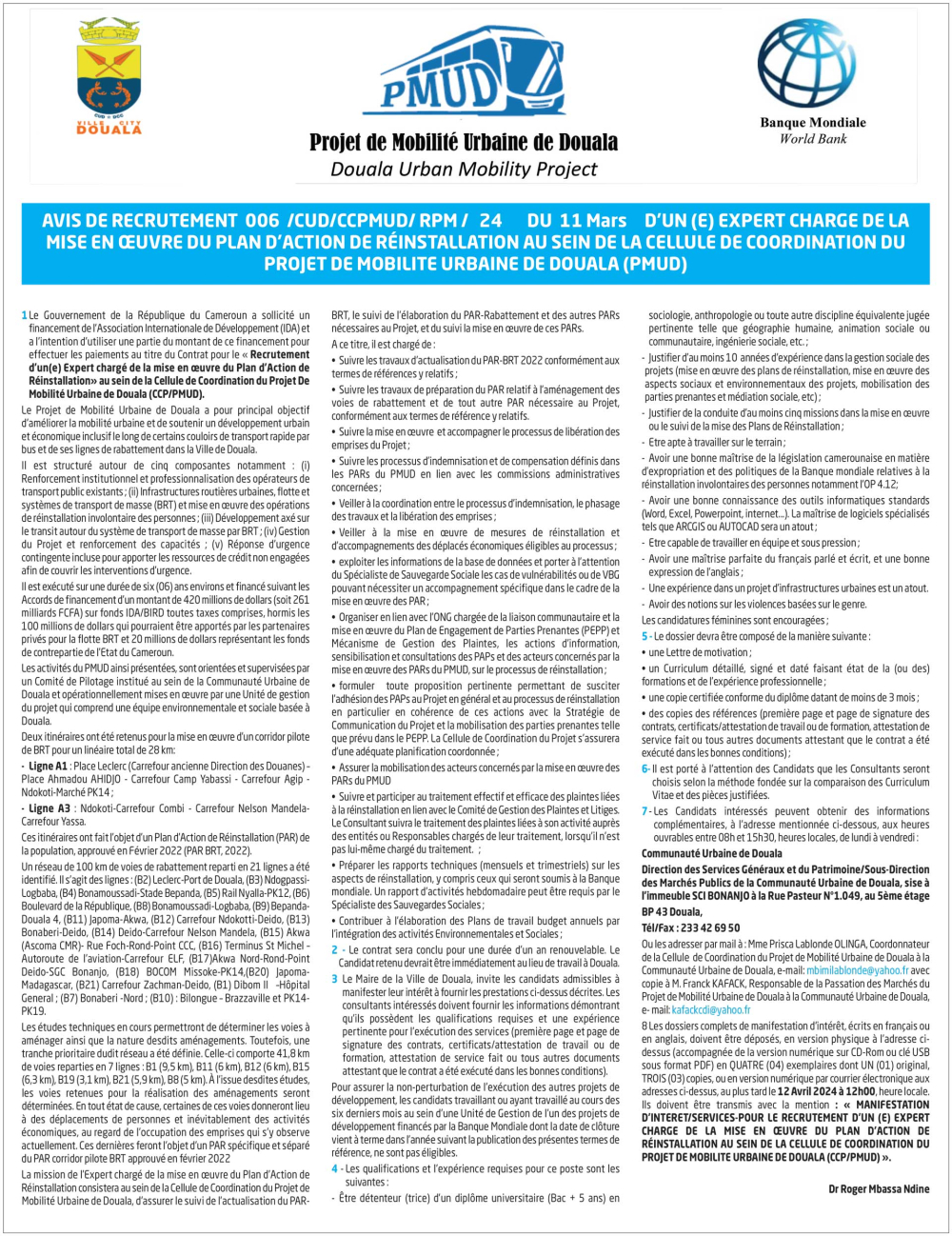
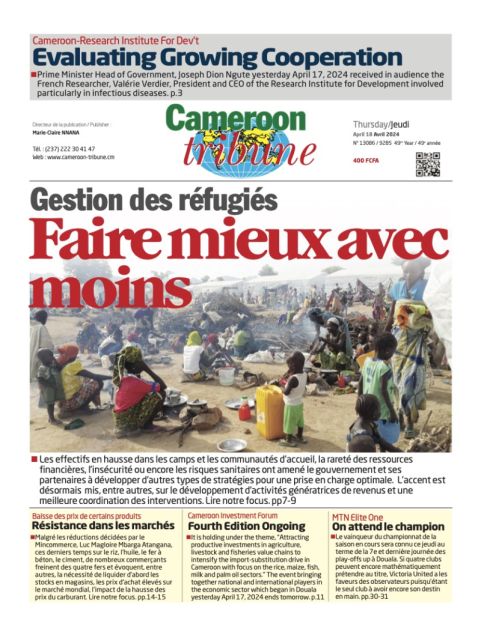




Commentaires